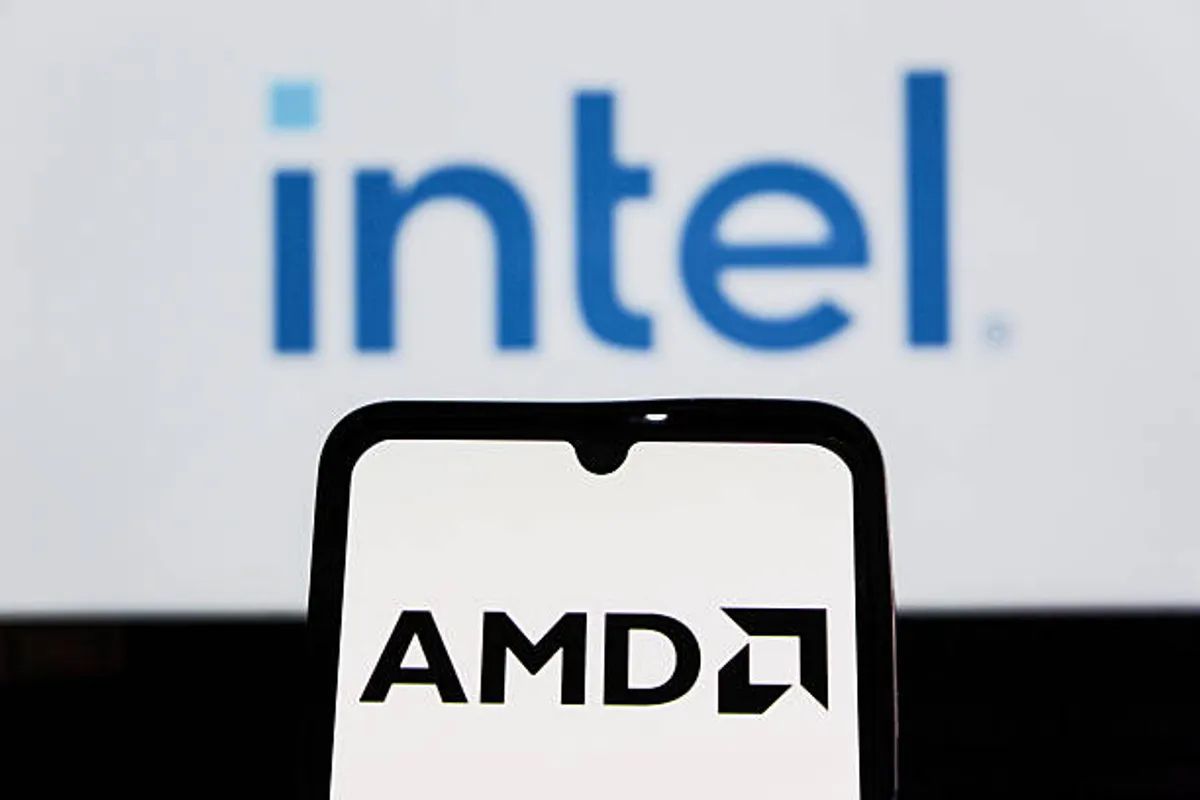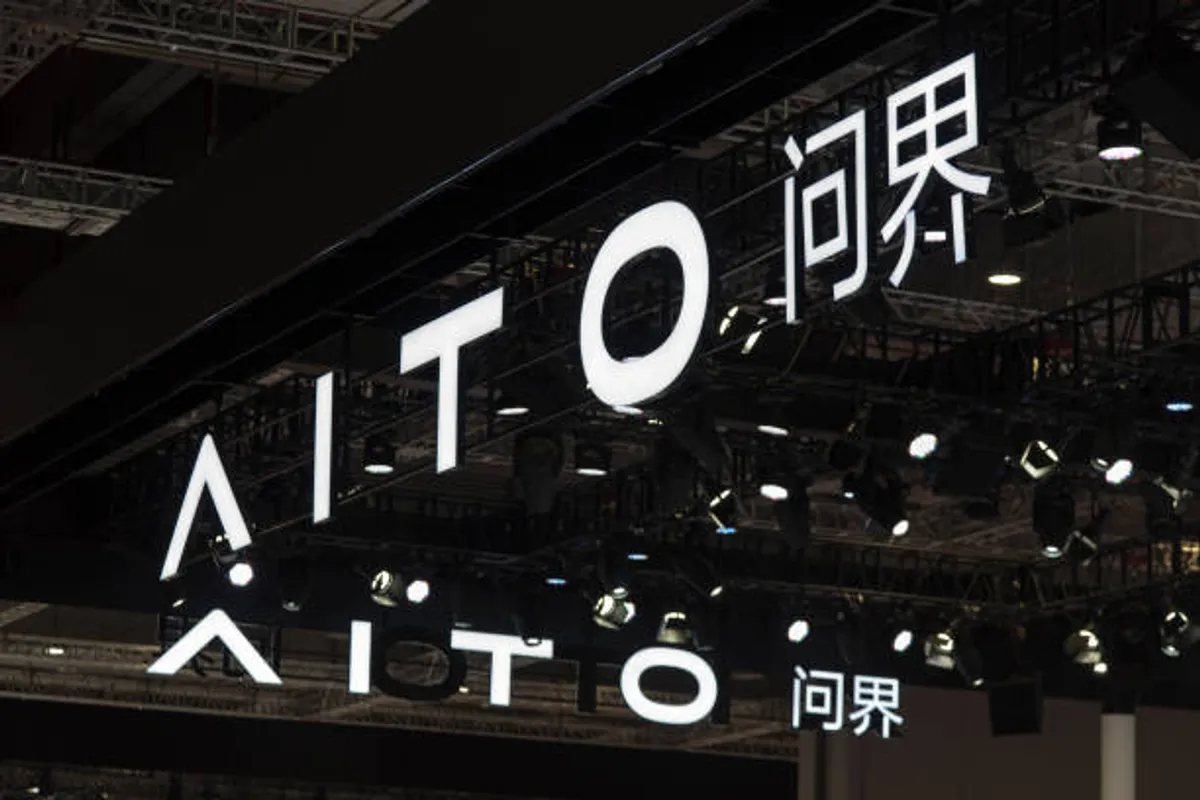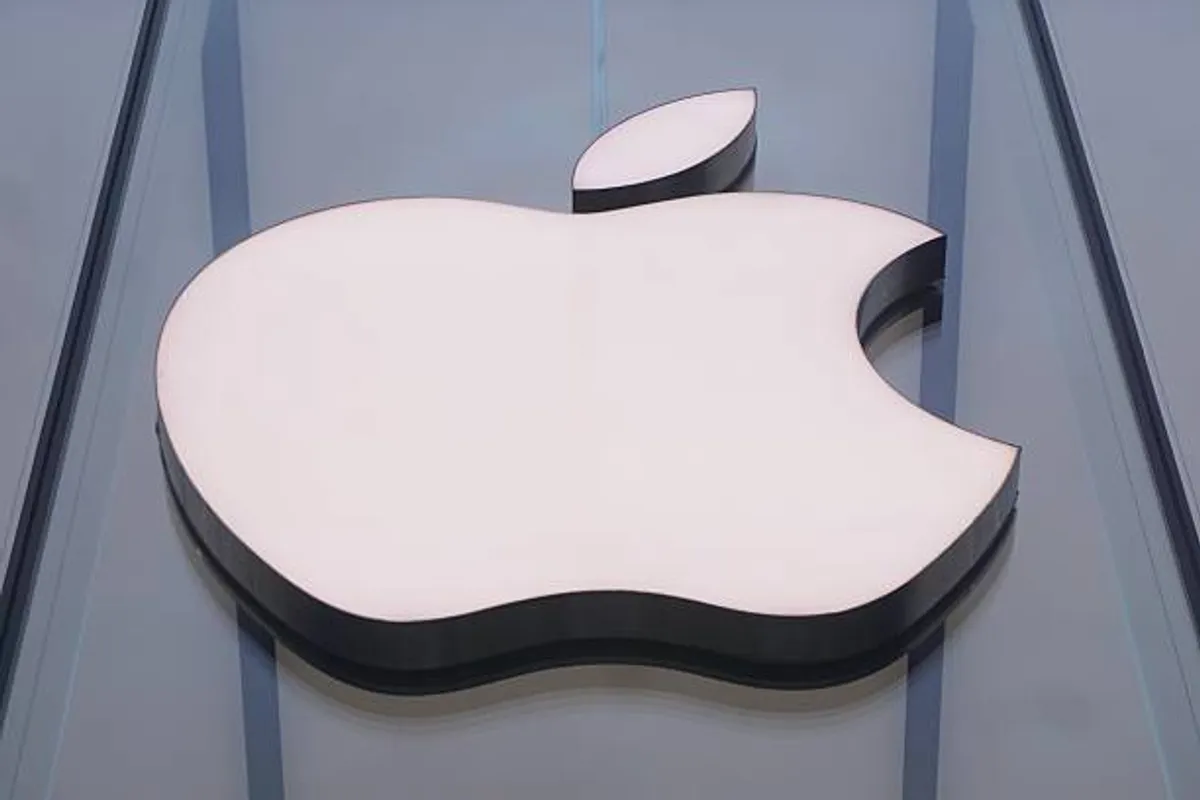Huawei Unveils Ambitious Chip and Computing Power Plans, Positioning Itself Against Nvidia

GeokHub

China’s tech giant Huawei has announced a series of new initiatives to strengthen its artificial intelligence (AI) chips and computing power capabilities, signaling a direct challenge to established players like Nvidia in the global semiconductor market. The move highlights Huawei’s ambition to expand its footprint in high-performance computing and AI solutions.
Expanding AI Chip Development
Huawei’s roadmap emphasizes the development of next-generation AI processors designed for tasks such as machine learning, data analytics, and cloud computing. These chips aim to deliver high performance while minimizing energy consumption, making them suitable for both enterprise and consumer applications.
Executives say the new chip lineup is part of a broader strategy to reduce reliance on foreign technology and establish Huawei as a global leader in AI hardware.
Boosting Computing Power
In addition to hardware, Huawei plans to expand its computing infrastructure. This includes cloud-based AI platforms, edge computing systems, and high-performance data centers. By enhancing computing capacity, the company seeks to provide a complete ecosystem for developers, researchers, and businesses deploying AI solutions.
Strategic Competition
Analysts note that Huawei’s plans represent a significant step in the ongoing competition with Nvidia, a dominant force in AI and graphics processing. By combining advanced chip designs with large-scale computing platforms, Huawei hopes to attract global clients seeking alternatives to existing solutions.
Challenges and Opportunities
While ambitious, Huawei faces hurdles such as scaling production, navigating international restrictions, and matching the performance standards set by competitors. Nevertheless, growing demand for AI technologies presents substantial opportunities, particularly in sectors like healthcare, finance, and telecommunications.
Global Implications
Huawei’s push into high-performance AI chips and computing power may shift competitive dynamics in the semiconductor industry. Governments and businesses worldwide are closely watching these developments, as the company’s innovations could influence AI adoption, technology standards, and international tech partnerships.
Looking Forward
Huawei’s roadmap demonstrates a clear intent to compete at the highest level in AI and computing infrastructure. If successful, these initiatives could reshape the landscape of global semiconductors, challenge dominant players like Nvidia, and accelerate innovation across multiple industries.








